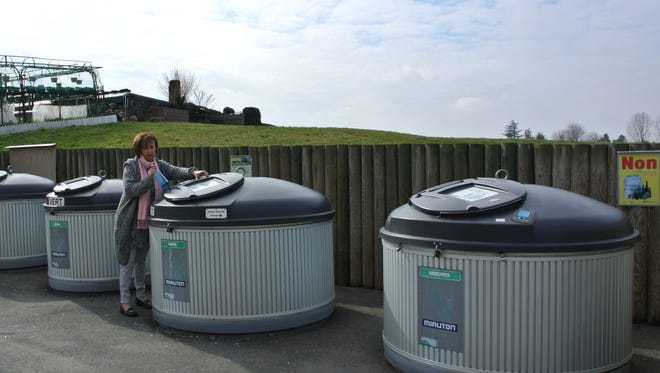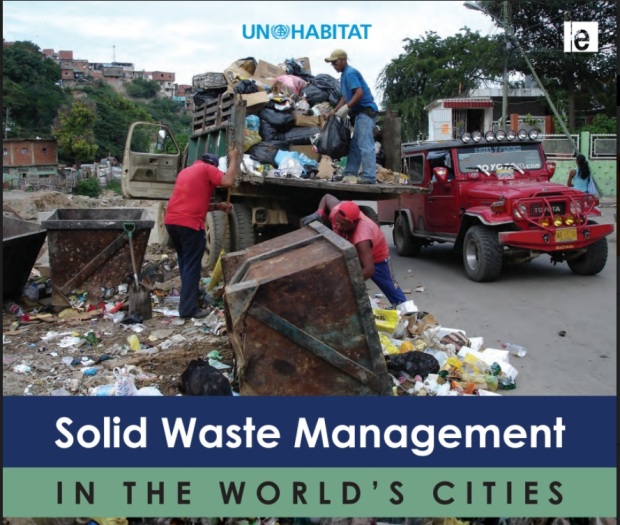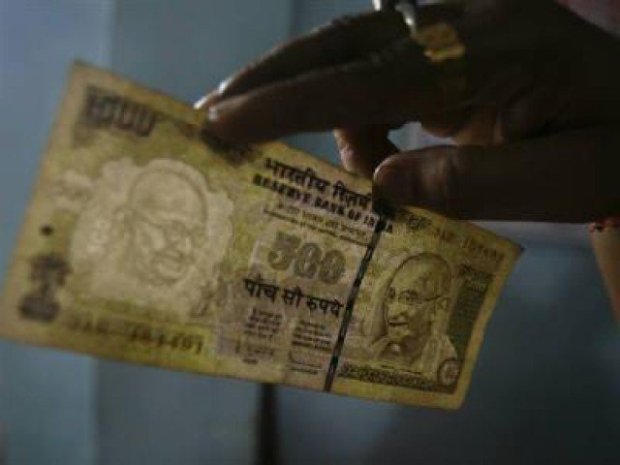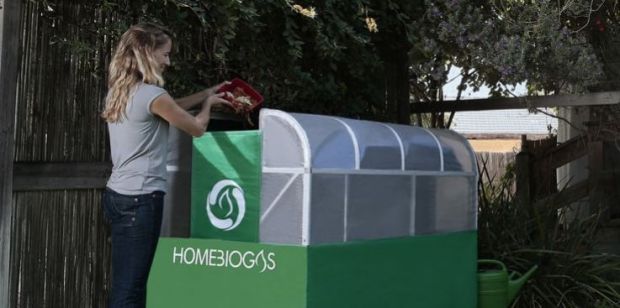
GENEVA — It is Tuesday afternoon, and the trunk of my Prius is full of garbage. I am about to make my weekly trek to the communal recycling center to dispose of my trash in an environmentally friendly manner.
When I arrive and park the car, I immediately feel like a pariah. It is obvious to anyone passing by that I have no organizational system for my rubbish, a decidedly un-Swiss way of recycling one’s trash.
The other trunks are much more orderly: Stacks of newspapers are neatly tied with a recyclable string, and other waste is separated into color-coded bins.
Clearly, the Swiss have taken the mundane act of throwing out one’s junk to a whole new level of efficiency. For some, the trip to the recycling facility is also a social outing of sorts – a good time to shoot the breeze. Somehow, bonding over garbage doesn’t seem strange at all.
This fastidiousness about trash may seem bizarre to Americans accustomed to “single-stream recycling,” which allows them to dump all kinds of materials into one container. But that would be unthinkable in Switzerland.
Recycling centers here have separate receptacles for every possible waste item — not just paper, cardboard, batteries and bottles (sorted by color), but also coffee capsules, yogurt containers, scrap iron and steel, organic waste, carpets, electronics and — literally — the kitchen sink.
The activity is supervised by municipal employees in orange jackets, the “recycling cops.” Like Santa Claus, they see who is naughty and who is nice, at least on their turf. More often than not, I seem to fall into the former category, inadvertently disposing of trash into the wrong container. Once, I accidentally threw a magazine still wrapped in plastic into the paper bin. The recycling cop immediately materialized, lecturing me about the environmental cataclysm that one plastic wrap could unleash. He even suggested I attend an orientation class — one of myriad recycling courses, which include not only theory but also a visit to the garbage incinerator.
Unsurprisingly, Switzerland tops world rankings for environmental protection — it recycles or composts 54% of its waste, as compared with 34% in the United States and 32% across the European Union.
However, all this cleanliness is not cheap, especially when it comes to curbside garbage collection. Most of Switzerland’s 26 cantons (states) have introduced mandatory taxed trash bags, which cost about $1.50 for a 4.5-gallon bag. The tax is distributed to the local communities to cover the cost of their waste collection and elimination operations.
The high price of trash bags spawned a counterfeit cottage industry and, with it, a new breed of municipal watchdogs, the so-called “garbage detectives.” They drive around looking for fake bags (or those not placed in specified collection points) and search for clues inside — anything with the owner’s name and address. Once identified, the offenders — usually immigrants, according to the garbage detectives — are given hefty “polluter’s fines,” which could reach $300.
However, the high cost of the bag does serve a purpose: It encourages more recycling and less throw-aways. In fact, some hardcore “greenies” claim they don’t need bags at all.
All these rules and regulations have left many foreigners perplexed. One incredulous Italian visitor told me, “Those Swiss are crazy. In Italy, we don’t collect garbage. We just wait until the wind blows and sweeps away all the trash.”
Relying on wind power to clear waste may be a bit drastic, but I must admit that the constant sorting and organizing of recyclables into different piles is time-consuming. Sometimes, I just don’t want to be bothered.
But at the end of the day, I do understand that recycling reduces greenhouse gases and saves valuable resources. For that reason, I will continue to make the extra effort — and this is not just trash talk!
Bachmann covers news in Switzerland for USA TODAY.








